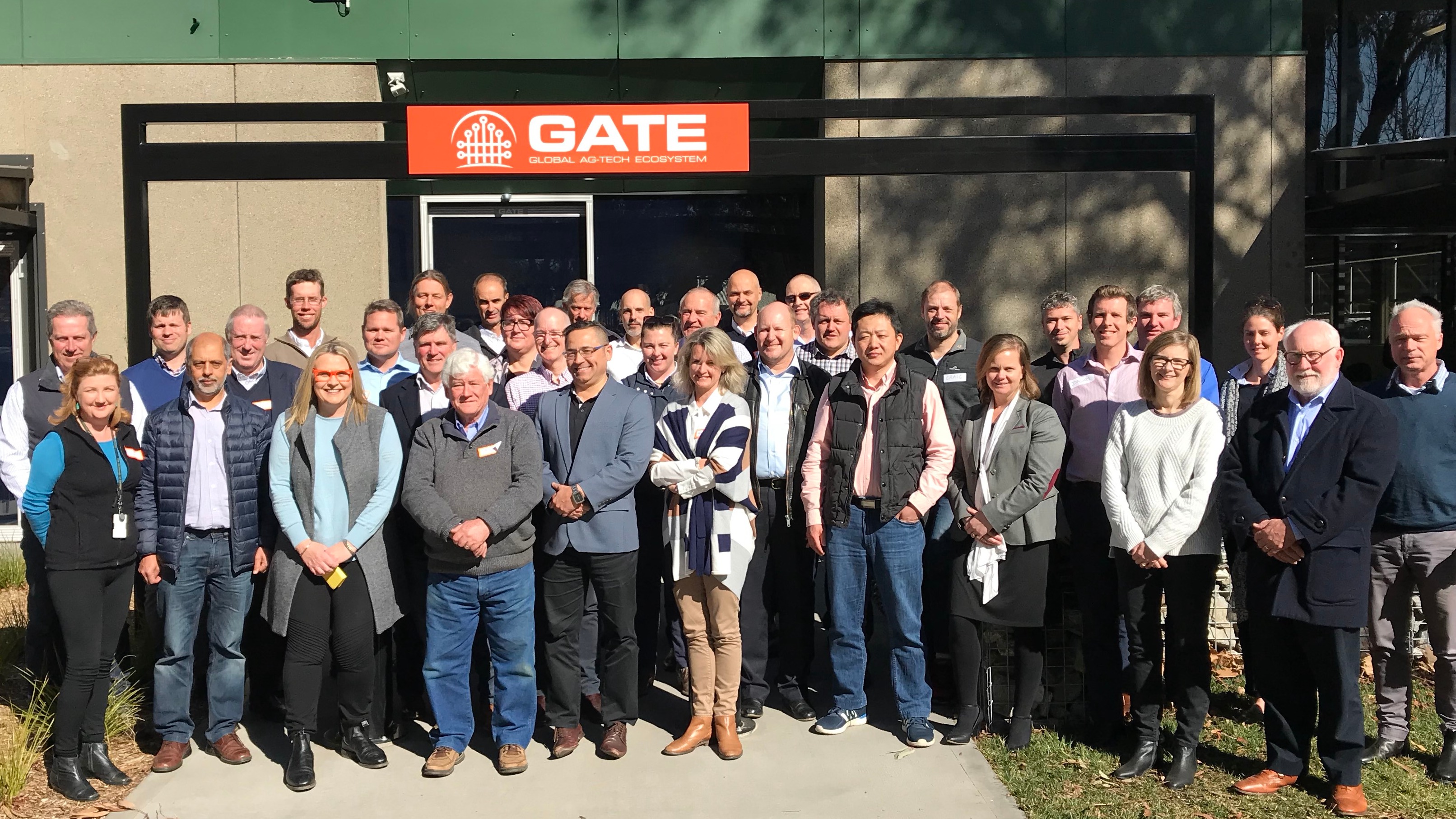The GATE second round of agri-tech ideas
From weed-seeking drones to biodegradable herbicides that won’t harm native plants, a new crop
of products to save farmers time and money has taken root at the NSW Department of Primary
Industries (DPI) Global Ag-Tech Ecosystem (GATE).
DPI Deputy Director General Investment and Business Development Michael Bullen said 10
projects to bring innovative new products to market had been selected for the GATE’s second
round of incubation and mentoring workshops, beginning this week.
“The GATE develops ag-tech research into commercialised products in collaboration with business
and technology providers, and has been in operation since March this year,” Mr Bullen said.
“We have chosen 10 external projects for a 3 month, part time business development course, with
participants from Orange, Peak Hill, Dubbo and Trangie as well as Wagga, Yass and Sydney.”
Peak Hill entrepreneur Tristan Steventon grew up on the land, but it is his 20 years in the
Australian military which he draws on for his innovative use of drone technology.
“Drones provide an excellent opportunity for driving precision data in those spaces where satellites
and other technology can’t, such as weed detection in paddocks to better target treatments which
saves time and money,” he said.
“They could also map emergence for cotton, or yield potential in a corn crop - there are many
applications.
“I see the GATE as an opportunity to meet people, get a better understanding of the industry and
really map the best next steps by testing my assumptions with strong business heads,” he said.
John Garrett is a corporate lawyer who lives just outside of Orange, and has been refining an
organic, biodegradable and non-toxic herbicide product for the protection of crops, and native and
non-target plants for the past two years.
“I am hoping that this partnership with DPI through the gate will give us access to excellent
contacts, information and the capacity to look further into this herbicide becoming a marketable,
economic alternative to glysophate,” he said.
Other projects include dashboards and apps for enhanced farm and forestry management,
workforce development, and farmer fitness; electromagnetic water profile measurement; and
genomic measurement technology to enhance biosecurity monitoring.
The DPI is also supporting the development of 9 ag-tech projects from its own researchers, with
applications across viticulture, livestock robotics, wheat diseases and herbicide monitoring.
Since its operational establishment in March 2018 the GATE has commenced with 14 lead
projects, and six major projects including three collaborative R&D projects with start-up businesses.
The GATE cohort will be showcased at the “Ag-Tech Innovation GATEway” to be held in Sydney
on September 18.


